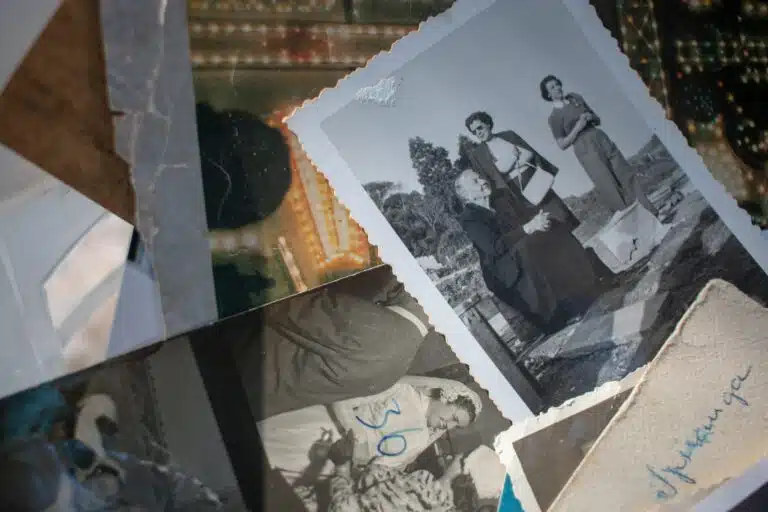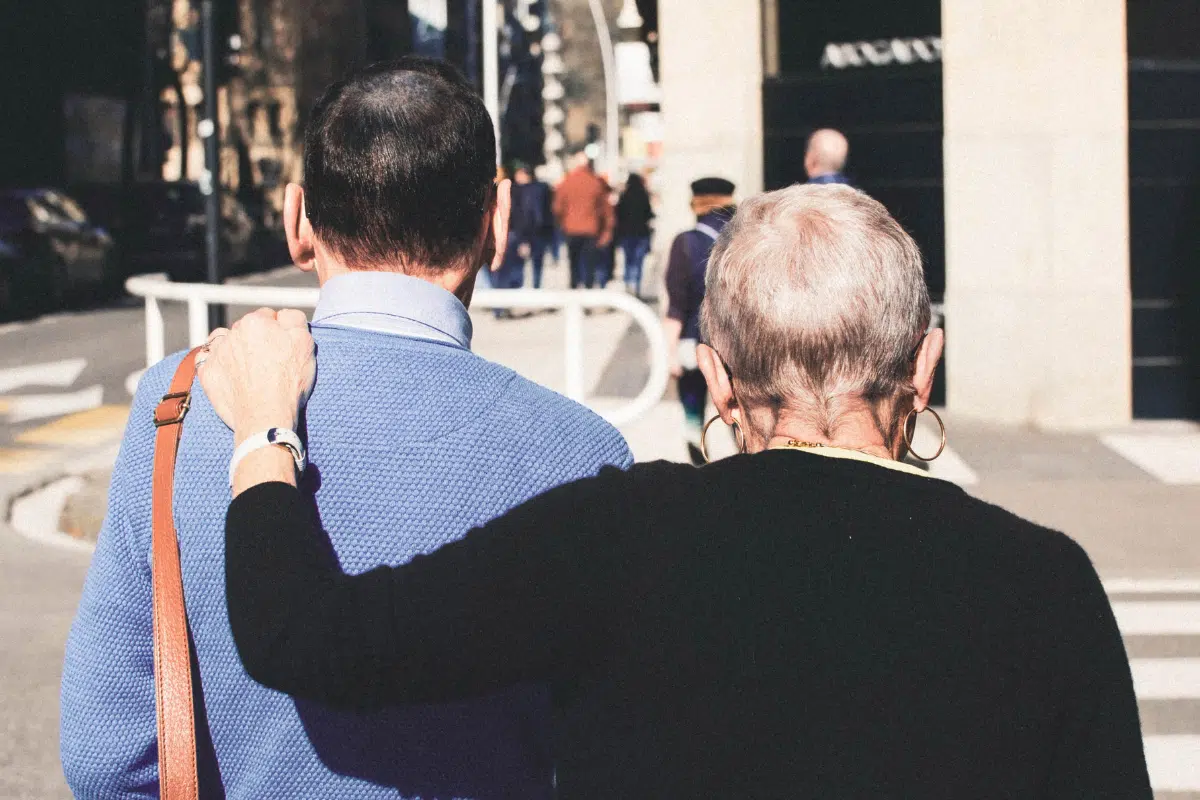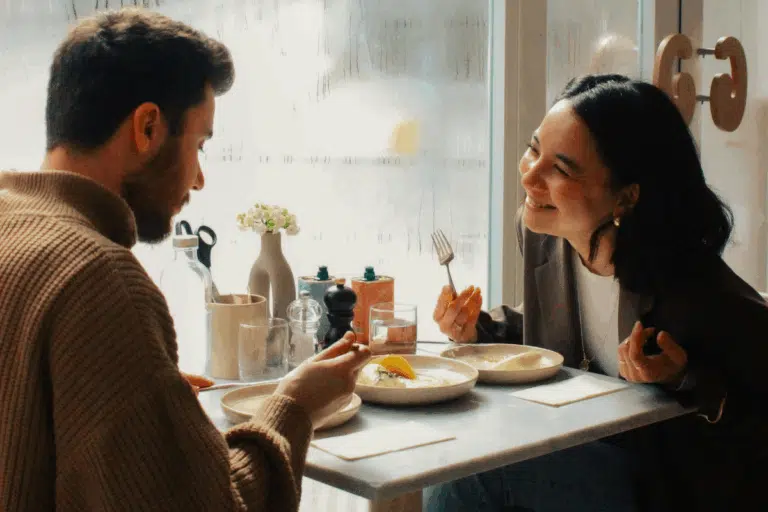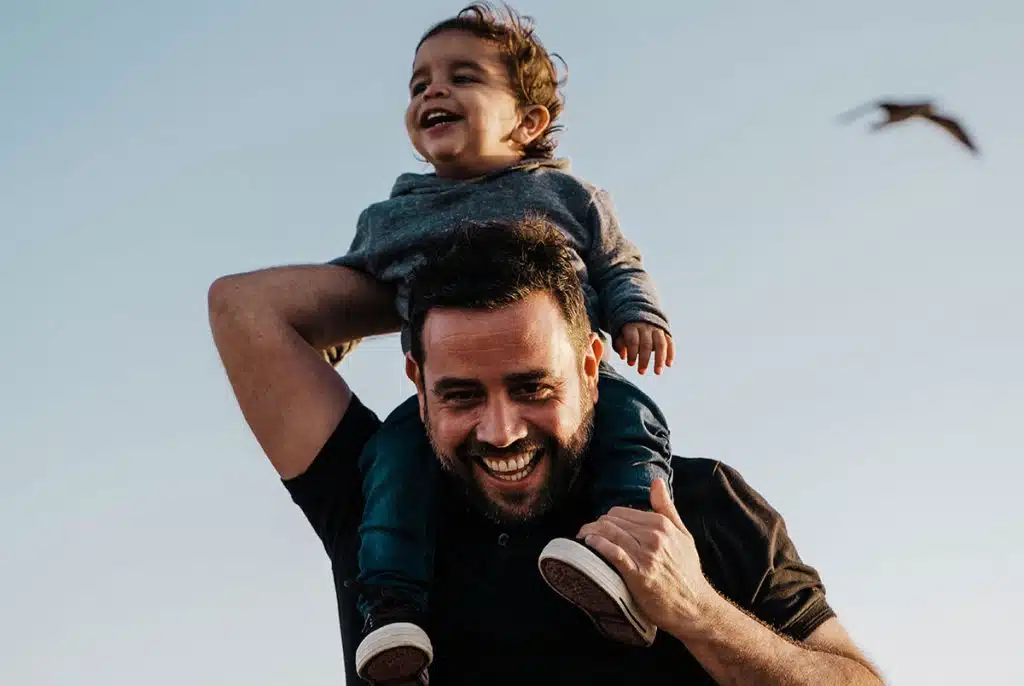At Relationships Australia NSW, we operate Wattle Place, which provides specialist services to support people who have been affected by past government practices and policies which caused harm.
This includes Forgotten Australians, which for reasons that are still unclear, remain a largely overlooked population in the Australian psyche.
In this article, we explore the definition of Forgotten Australians, the historical practices that affected them, the long-lasting impacts they live with, and how the community has and can continue to support them.
So, who are Forgotten Australians?
As children, Forgotten Australians were placed in orphanages, children’s homes, foster homes, or similar institutions before 1990 – affecting over 400,000 children.
Forgotten Australians were placed in these situations under Government ‘child welfare’ policies for some of the following reasons:
- Deaths of both parents
- Having a single mother
- Family separation or dysfunction
- Poverty
- Parents or family who were unable to ‘provide’ or ‘care’ for their children.
At the time, many families were experiencing extreme hardship or suffering from the consequences of war and welfare services were not adequately supporting them.
A 2004 Senate Inquiry into people who experienced institutional or out-of-home care named this group ‘Forgotten Australians, however, it’s not a name that everyone chooses. Some find it distressing, so prefer alternative names like ‘care leavers’ or ‘former state wards’, to name a few.
What did Forgotten Australians experience in care?
Following the closure of many of these institutions, people affected by these practices started to share their experiences and raise awareness about what happened.
Many advocacy and lobby groups were established, who campaigned for formal inquiries, which resulted in the 2004 Senate Inquiry and subsequent report. The Inquiry received “hundreds of graphic and disturbing accounts” from people in out-of-home care, who described “emotional, physical and sexual abuse… their stories also told of neglect, humiliation and deprivation to food, education and health care”.
Often their names were swapped for numbers, they were prohibited from any contact with their families, and personal items were taken.
Further, the Report described an utter “lack of love, affection and nurturing”, which is crucial to children’s wellbeing.
The submissions described this treatment nationwide and from all types of providers, including government and religious.
Every child’s experience in institutions was different, however, many endured similar harmful and traumatic experiences.
What was the impact on Forgotten Australians?
A large proportion of Forgotten Australians left ‘care’ as highly traumatised young people, with no support or guidance, and left to fend for themselves as they got on with the rest of their lives.
To this day, Forgotten Australians describe a sense of abandonment, a lack of trust, difficulty forming and maintaining all types of relationships, and ongoing isolation.
As explained in a submission to the Senate Inquiry, “How do you know how to be a parent if you have never been parented? How do you know love, if you have never been loved? How do you know how a normal family functions if you have never been in one?”
This trauma has not just impacted the Forgotten Australian individually – many of their families and loved ones feel the repercussions.
“My wife and two daughters have to put up with my problems as well and their lives are affected by my behaviour,” one person submitted to the Inquiry. The writer of this submission went on to describe ongoing experiences with depression, anxiety, and post-traumatic stress disorder, as well as a fear of leaving the house.
Throughout 2006-7, Care Leavers Australasia Network (CLAN) surveyed 382 care leavers about their experience in care, including the consequences it has had. The survey found that:
- 23% had lived on the streets at some time in their life
- 35% had been in trouble with the law
- The most common mental health outcomes were depression (65%), low self-esteem (61%), and sleep disorders (59%)
- 70% had difficulty forming personal relationships, with over half experiencing abusive relationships
Despite all of this, Forgotten Australians have shown remarkable resilience and strength. They have worked tirelessly to have their voices heard and ensure that their histories are acknowledged.
Forgotten Australians are not defined by their trauma. They possess invaluable insights, remarkable strength, and the courage to keep moving forward. It is not pity they seek – instead, recognition, understanding and to ensure that their experiences lead to meaningful change for future generations.
How has the community and government responded?
The Senate Inquiry Report recommended formal apologies to Forgotten Australians and Child Migrants from the State and Federal Governments. The former took place in New South Wales on September 19, 2009, and the federal one just a few months later on 16 November, 2009.
One of our clients and Forgotten Australian, Donna, says the Apology recognised what they experienced and the ongoing impacts.
“The formal acknowledgement was a way of saying sorry for the neglect, the injustice, the struggle, the broken heartedness, the loneliness, the pain, the fear – not just in childhood, but with lifetime ramifications.”
“Despite all the hell and high water, nearly every Forgotten Australian I’ve ever known demonstrates amazing resilience. The price for resilience, though, has been too great – much too great.”
The establishment of specialist services, like Wattle Place, were recommended by the Inquiry. At Wattle Place, we assist and support with:
- Counselling
- Brokerage
- Access to institutional and personal records
- Referrals
- Family tracing and reunions
- Casework and advocacy
- Social connection and group activities
But we need to do more. The resilience and strength of Forgotten Australians does not mean that they are no longer impacted by the trauma of their childhoods. As a nation, we must stand side by side with Forgotten Australians, recognising their experiences and lifelong consequences.
We can be aware of their traumas and be compassionate with how it might present itself. We must listen to their stories, which represent a horrible part of our collective history, and work together to ensure history never repeats itself.
If you would like to discuss how Wattle Place can support you or someone you love, please get in touch – call 1800 663 844 or email wpcaseworker@ransw.org.au.
Related Services & Workshops

Tailored Services.Individuals.Trauma.Aboriginal + Torres Strait Islanders
Wattle Place
Wattle Place offers inclusive support for adults who experienced institutional or foster care as children, were impacted by forced adoption practices, or experienced institutional child sexual abuse. Our services provide assistance personalised to your individual needs and experiences.

Tailored Services.Individuals.Trauma.Aboriginal + Torres Strait Islanders
Forgotten Australians Support Service
A free service for people 26 or over, who were in out-of-home care in NSW. Funded by the NSW Department of Communities and Justice, and delivered by Relationships Australia NSW’s Wattle Place centre.






